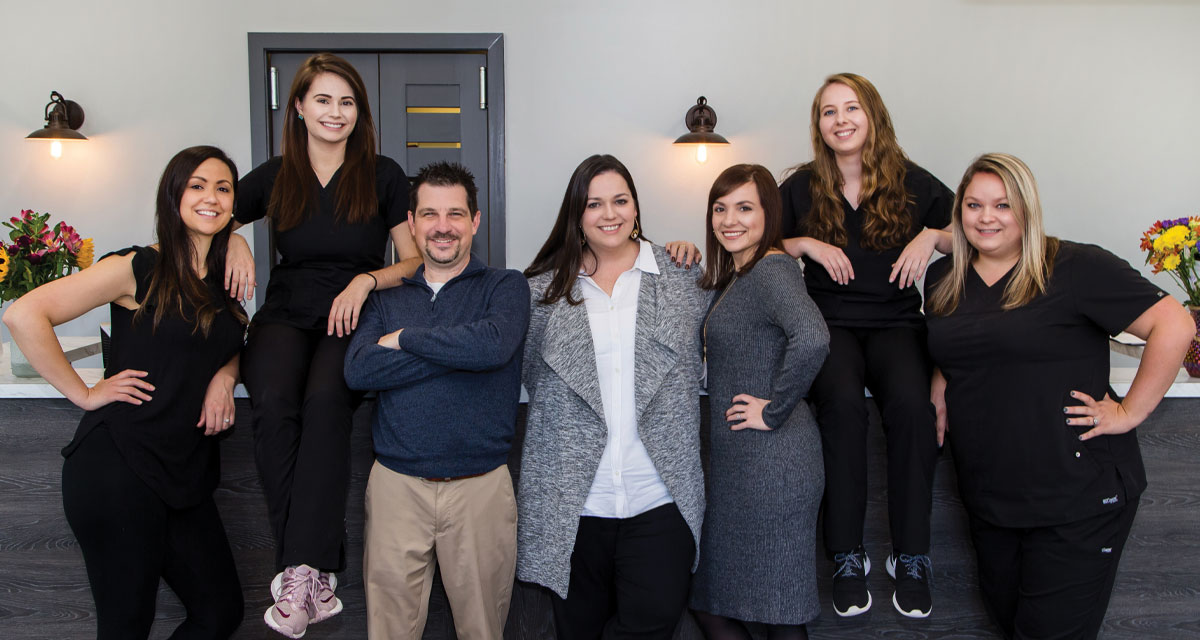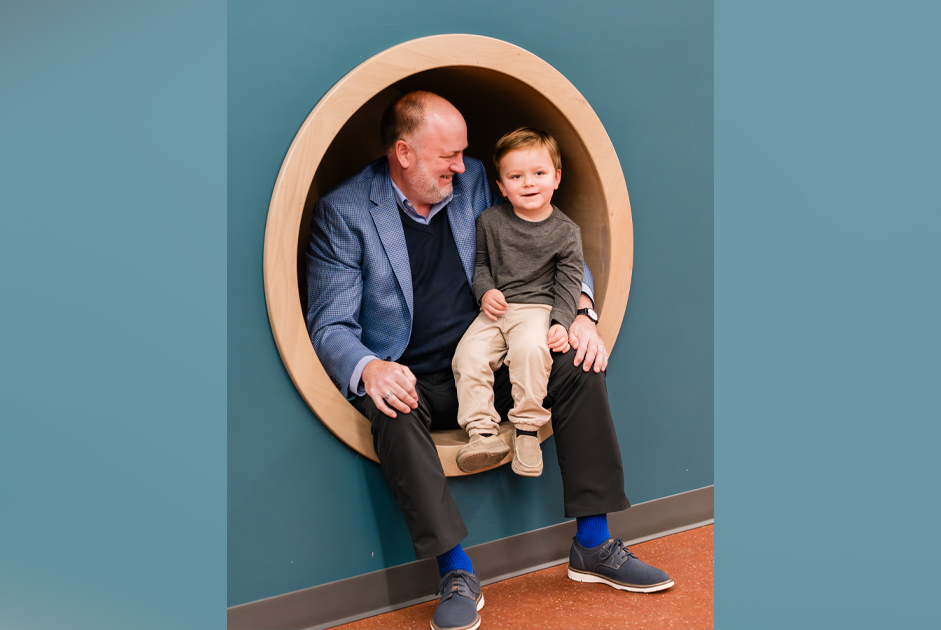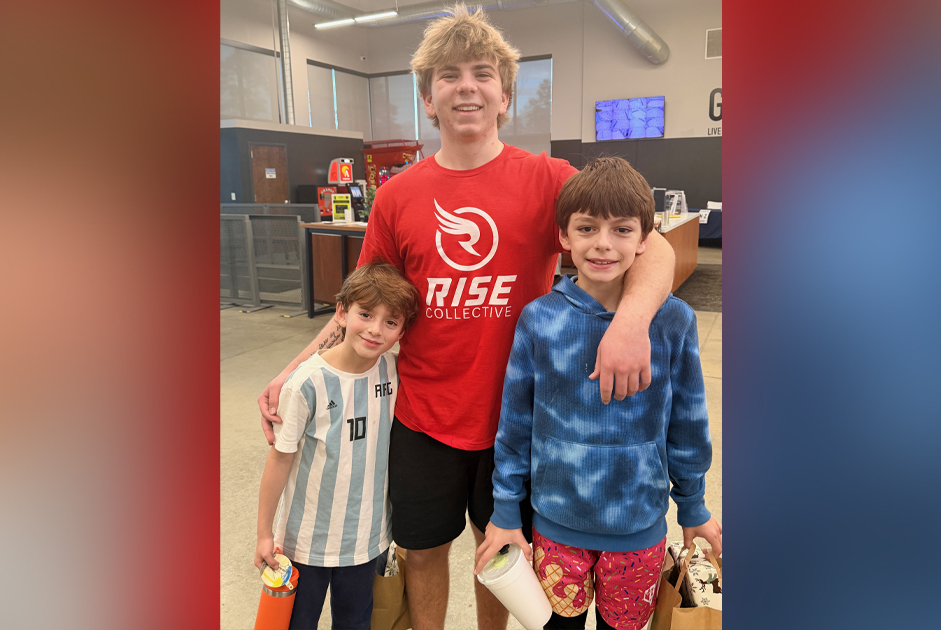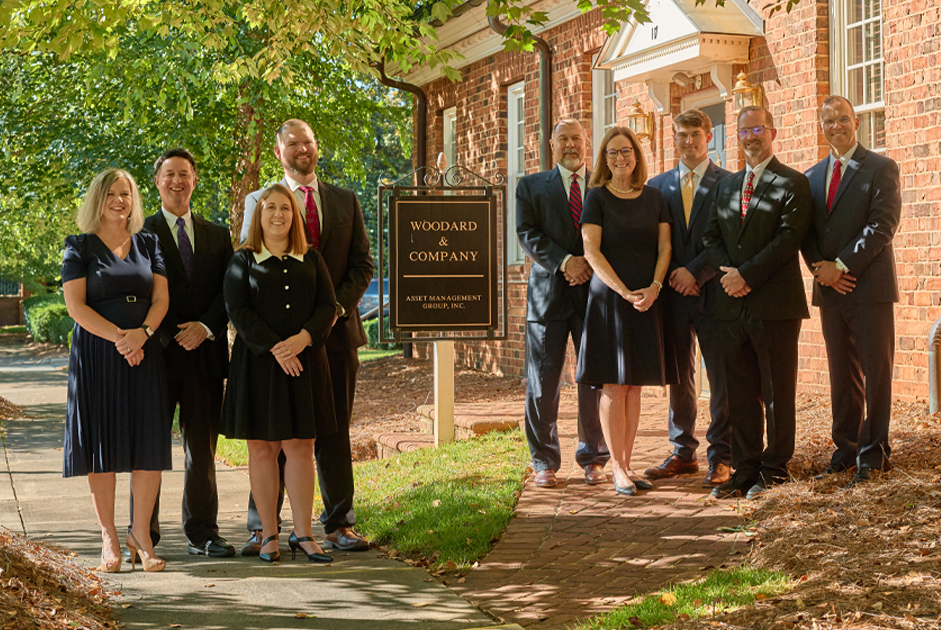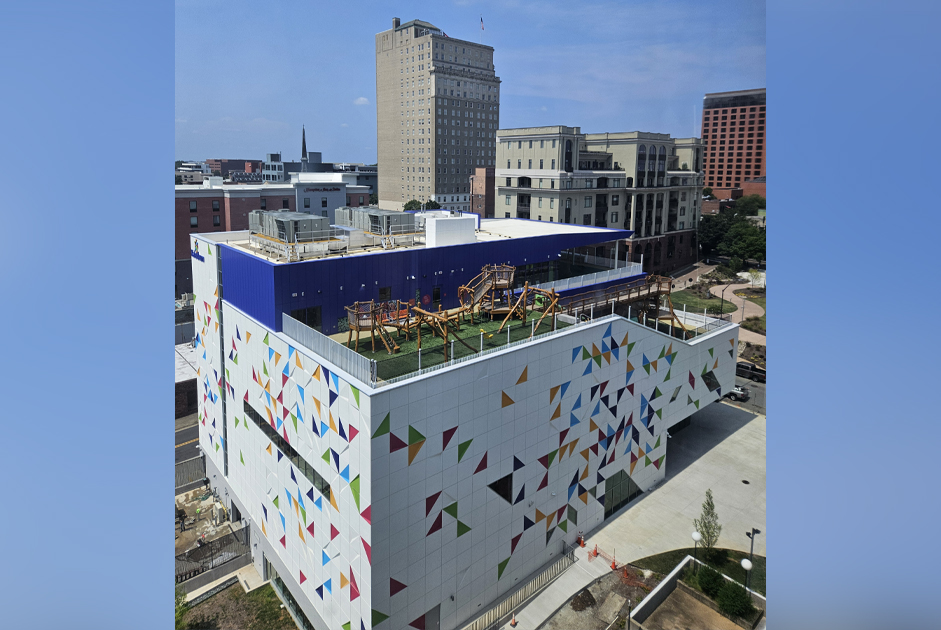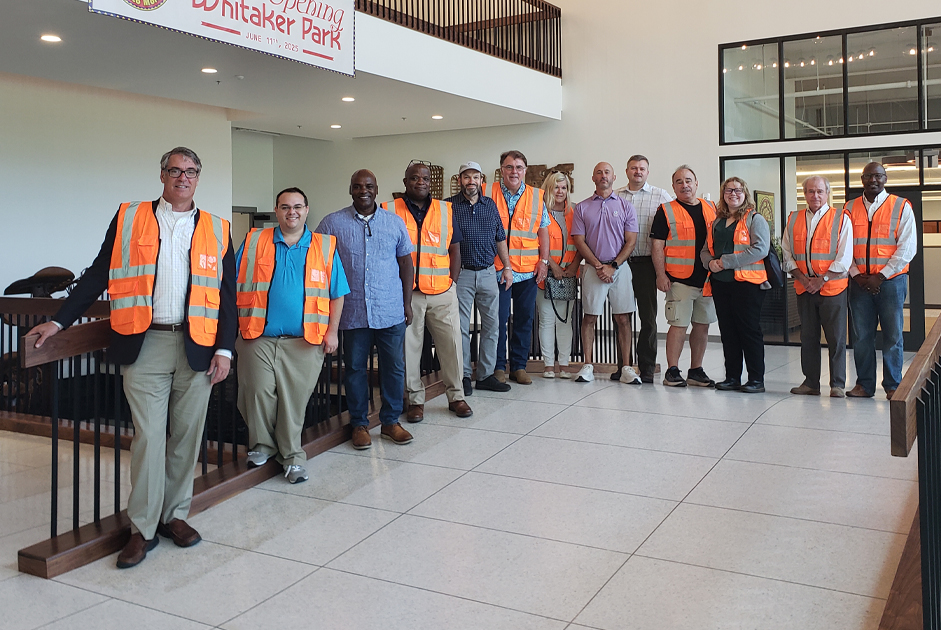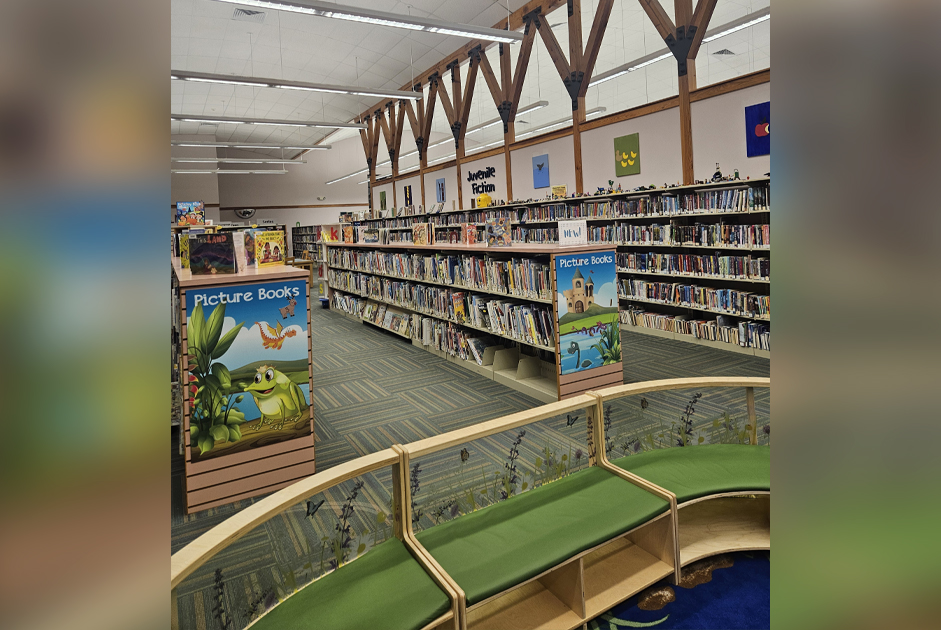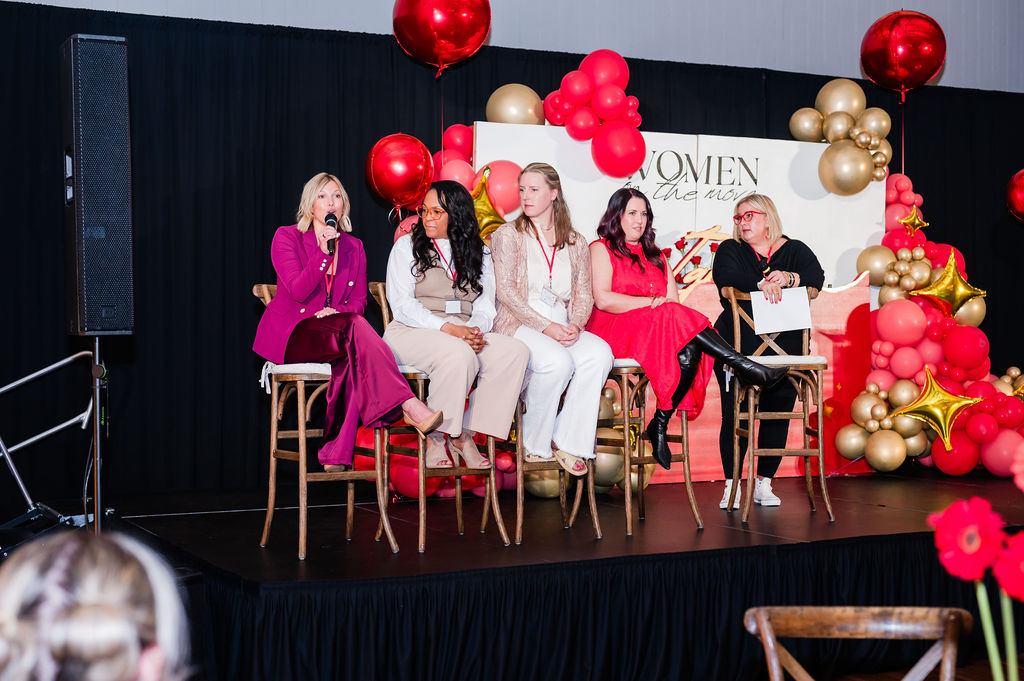Fifty percent of people have myopia, or “nearsightedness,” as it’s commonly known. And many children who struggle with schoolwork are often found to have this as the root cause of their issues. In fact, according to the Vision Learning Centers of America, 60% of students who have problems with learning have undiagnosed vision problems. So, as we go back to school this year, getting a jump on things is crucial to children’s visual well-being and academic performance.
According to Dr. Juawana Hall of Hillcrest Vision, “We have three options for myopia control. The first is through MiSight Soft Contact Lenses. These are contacts specifically designed for children between the ages of 8 – 12 and are FDA-approved to slow the progression of myopia.”
“My pediatric patients have had great success with MiSight Soft Contact Lenses. The manufacturer conducted a study that proved a 59% reduction in myopia progression over three years. That’s a huge long-term vision win! Plus, they are easy to use. While all children should be taught to properly care for their contacts and ensure they are handling and storing them correctly, most children strongly prefer MiSight over glasses.”
Dr. Hall said, “Because we know that one size doesn’t fit all for treatments, we also have the option for orthokeratology, or “ortho k,” as it’s known. Ortho-k is a rigid, gas-permeable contact lens that is actually worn overnight.”
“These lenses can adjust the shape of the cornea while a child sleeps,” explained Dr. Hall. “The adjustment is enough that vision is clear the next day. This means a child can go all day without wearing glasses or contact lenses and see clearly. This kind of therapy has also demonstrated a reduction in the elongation of the eye. Elongation happens when we spend a lot of time focusing on screens or near work. Kids between the ages of 8-18 spend, on average, 7.5 hours a day looking at a screen. That elongation contributes to myopia, so these treatments help combat the vision issues that come from too much screen time.”
The third option Dr. Hall recommends are atropine drops. “While atropine drops won’t offer correction to vision,” Dr. Hall said, “they nevertheless slow myopia progression. These drops are often used hand-in-hand with glasses for children who are unable to wear contact lenses, or as a secondary treatment paired with either Ortho K or Misight.”
Dr. Hall always stays updated on the latest technology for vision care, but some things can be treated holistically. “Most people agree that daily habits play a tremendous role in our health, but few consider how these habits impact our vision. For example, something as simple as getting outside in the sunshine has a significant impact on our health and well-being but also serves to prevent the progression of myopia.”
“Additionally,” she continued, “encouraging study breaks can be beneficial. While many parents may groan at the idea of purposefully letting our kids get up from their homework, the same ergonomic rules that apply to us in the workplace apply to our kids! Our eyes need a break sometimes after 20 minutes of concentrated focus. So do our kids.”
Back-to-school time is a great time to schedule an eye appointment to ensure your student is on track for success. And if they need corrective lenses—Dr. Hall and her team are excited to help with the solution that is right for your child.
Book an appointment with Hillcrest Vision! They are located at 2431 Winterhaven Lane in Winston-Salem. Call them at 336.760.2020, visit them online at HillcrestVision.com and be sure to “like” them on Facebook and follow them on Instagram.

